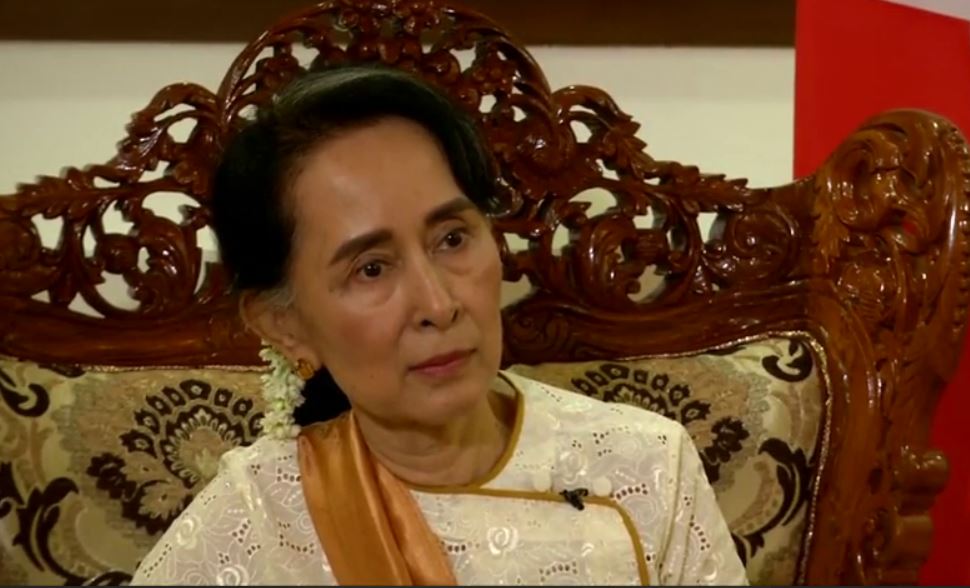INTERNATIONAL: Myanmar's military government has a new bribery charge against deposed civilian leader Aung San Suu Kyi on Thursday. A court in army-ruled Myanmar will start an election fraud trial of the deposed leader on February 14.
Myanmar’s military administration has added five new corruption charges to the lengthy rap sheet facing Aung San Suu Kyi, the leader it ousted in last February’s coup d’etat, the latest in a variety of indictments against the Nobel laureate who faces more than 150 years in prison.
The new case was announced on Thursday, as the military reportedly launched fresh attacks on the civilian population in the northwestern Sagaing region, with troops allegedly burning up to 400 houses, forcing thousands of residents to flee.
Police filed a further corruption charge against Aung San Suu Kyi for allegedly receiving $550,000 as a donation for a charity foundation named after her mother, the military’s information team said in a statement.
The statement gave no details on when court proceedings would begin. The 76-year-old former leader , Aung San Suu Kyi now faces a barrage of more than 15 criminal charges, designed to consign her to an early and forced retirement.
Nobel laureate Suu Kyi, is on trial in more than a dozen cases that carry combined maximum sentences of at least 150 years in prison. She has been already been sentenced to a total of six years detention for other cases.
A spokesperson for Myanmar's military, which overthrew Suu Kyi's government in a coup last February 1, 2021, could not be reached for comment. Lawyers for Suu Kyi, who have been barred from speaking about her cases, could also not be reached for comment.
A U.S.-based organization Human Rights Watch representative, Phil Robertson has said in a statement,the junta leaders obviously still view her as a paramount political threat who needs to be permanently neutralized; “Only that can explain the junta’s willingness to appear as global laughingstocks as they secure convictions in a kangaroo court on the flimsiest, politically motivated charges.”
Of course, the military’s charges will do nothing to quench the widespread popularity of Aung San Suu Kyi, nor her status as a living martyr of the struggle against military rule. Beyond that, the growing popular resistance to the military coup has led to a broadening and maturing of Myanmar’s democratic politics beyond the talismanic leader and her legacy. Even as an ageing Aung San Suu Kyi is forced out of active politics and enclosed once again in a new period of house arrest, the popular resistance shows no sign of fading.






















